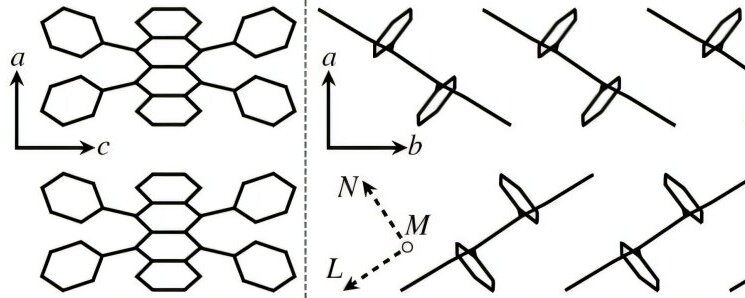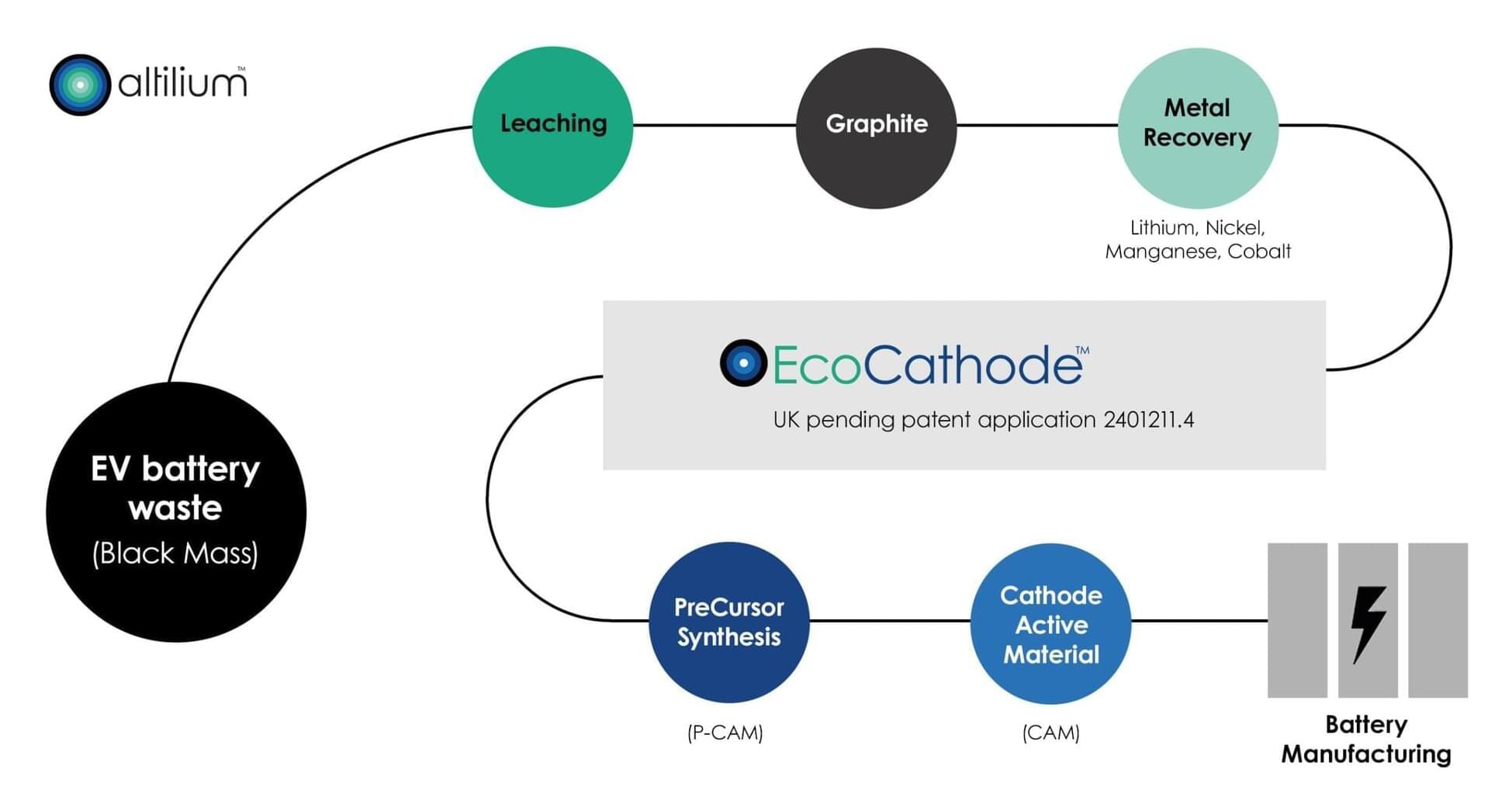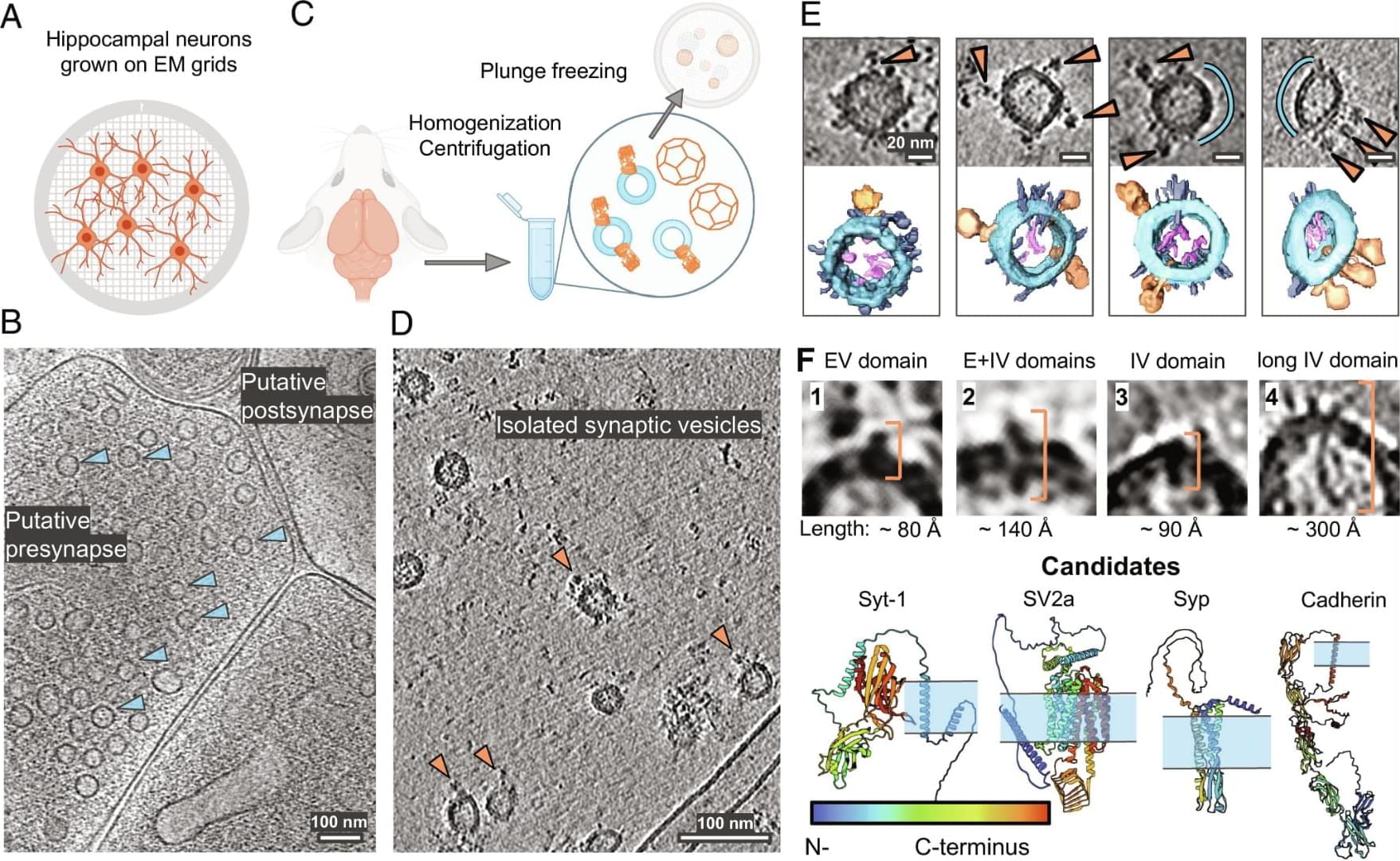How can machine learning help determine the best times and ways to use solar energy? This is what a recent study published in Advances in Atmospheric Sciences hopes to address as a team of researchers from the Karlsruhe Institute of Technology investigated how machine learning algorithms can be used to predict and forecast weather patterns to enable more cost-effective approaches for using solar energy. This study has the potential to help enhance renewable energy technologies by fixing errors that are often found in current weather prediction models, leading to more efficient use of solar power by predicting when weather patterns will enable the availability of the Sun for solar energy needs.
For the study, the researchers used a combination of statistical methods and machine learning algorithms to help predict the most efficient times of day that photovoltaic (PV) power generation will achieve maximum production output. Their methods used what’s known as post-processing, which involves correcting weather forecasting errors before that data enters PV models, resulting in changing PV model predictions, resulting in establishing more accurate weather forecasting from machine learning algorithms.
“One of our biggest takeaways was just how important the time of day is,” said Dr. Sebastian Lerch, who is a professor at the Karlsruhe Institute of Technology and a co-author on the study. “We saw major improvements when we trained separate models for each hour of the day or fed time directly into the algorithms.”







